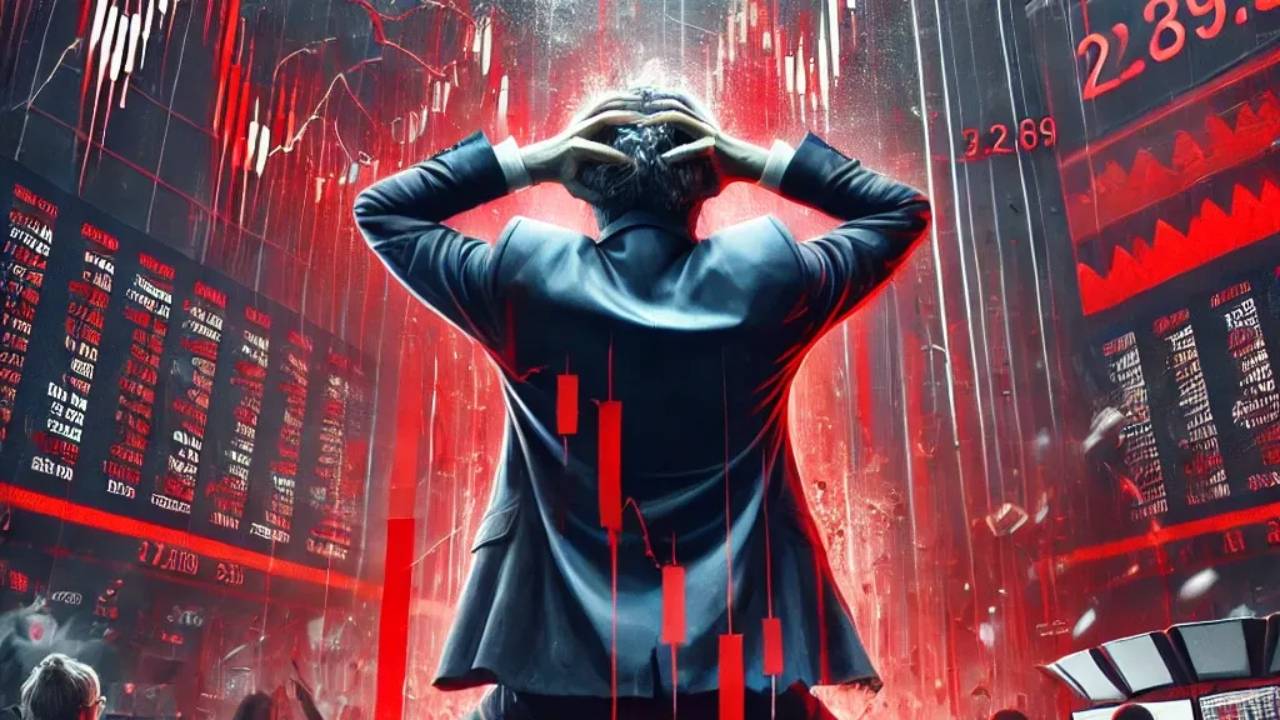The Hardest Part of Investing
Aug 16, 2025
My favourite psychologist, Dorothy Rowe, in one of her many books about how and why we believe what we believe, wrote a simple line that has stayed with me since. She said, those who get as close to reality as possible will be the most content.
Years ago I read a book called Being Wrong by Kathryn Schulz. She sets out a wonderful explanation about why we tend to ignore evidence that doesn’t support our beliefs.
If we are all honest, there is nothing like being right. Especially when the data backs you up. But in many cases, there are always counterpoints that should be considered. But few of us wish to think long and hard to come to a reasoned conclusion. It is much more satisfying to comfort ourselves by ignoring evidence which runs counter to our argument.
This afflicts many investors, both bulls and bears. We seek out evidence which supports our point that the market will rise/fall, hence proving us right. Fundamental investors show you evidence that supports their position that fundamental investing is the best approach. Technical Analysts likewise show charts, etc that support their view. And quant investors show data that does the same.
This is called confirmation bias and is a well known bias among investors. .
The best investors are those that get as close to reality as possible. One benefit is higher returns, and will also prevent you from going mad when markets don’t do what you expected them to do.
Charlie Munger like wise said you should always know your opponent’s argument better than they do. That way you would not deceive yourself into thinking that your position was always correct. Hubris is a dangerous foe.
This is called disconfirming evidence.
I personally found the way to derive a position on a subject was to look at data as a first step. Often you need a framework to place that data in and that can be the hard part. Most of us come to a subject with a preconceived idea. Otherwise you need to take a lot of time to read each side's argument and then also consider what you know and what you don’t.
Finding disconfirming evidence is rather unpleasant, since we have an innate feeling we are correct so why bother. But it is critical to check your own position. This is what the best investors do. After all, we know that is it the unforeseen events that cause problems, and evidence that you don’t consider is simply a form of an unforeseen event. If you knew the other side, you can take the necessary action to avoid being wrong.
Enjoying our Blogs?
Our Investing Essentials subscription might be worth looking into, get more specific detail below if you're interested in upskilling.
Stay connected to our blog
Join our mailing list to receive the latest news and updates from our team including blogs, live events, podcast releases and stocks to watch.
Your information will not be shared.
We hate SPAM. We will never sell your information, for any reason.


